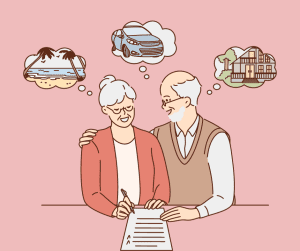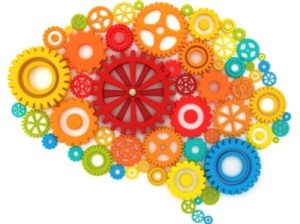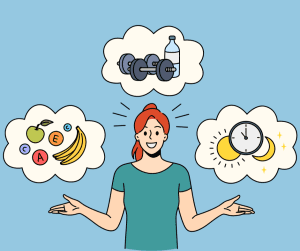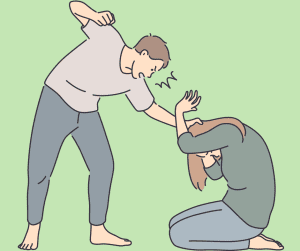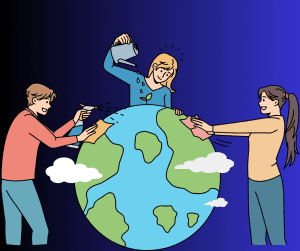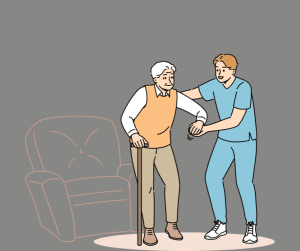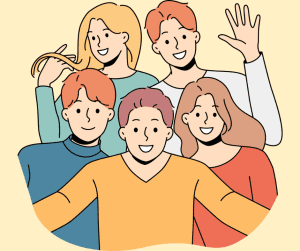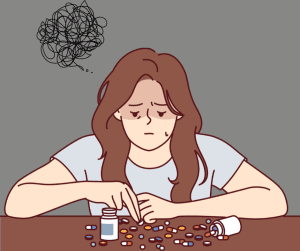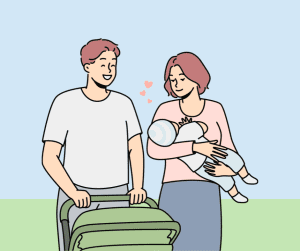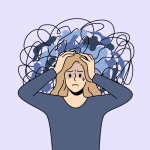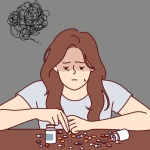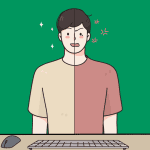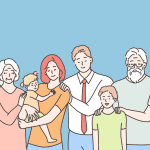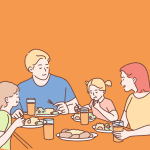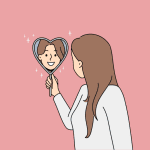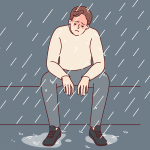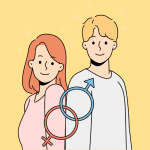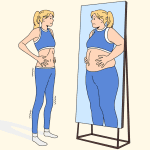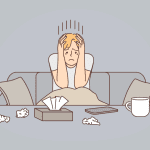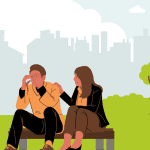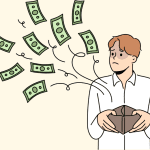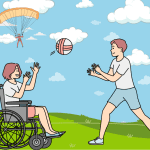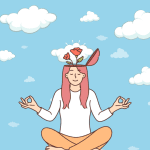What is discrimination? At its basis, discrimination refers to unjust treatment towards a person based upon the individual’s personal characteristics. A person can experience discrimination because of their age, disability, gender, and sexual identity, race, health, marital status, physical features, and employment status, amongst others.
How does discrimination happen? Discrimination can be shown in various ways. Direct discrimination is when a person is treated unfavourably in comparison to others. For example, being turned down for a job because you are too young or old. Otherwise, discrimination can be indirect, wherein certain conditions are set upon a person, putting them at a disadvantage. For example, a school makes pupils bring healthy snacks only, and a student with diabetes gets punished because they brought sweets with them to school. There are other ways of how discrimination can be shown, ranging from being discriminated for being associated or perceived as being associated with a person or group with a particular characteristic, to being harassed and victimised for pointing out that discrimination has occurred.
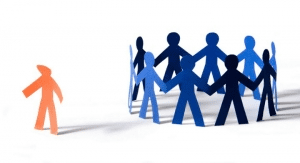
Where does discrimination happen? It can happen anywhere; in schools, at the workplace, at home, in public places, and even in politics, law enforcement, travel and access to funds. Regardless of where it happens, if you feel that you are being unfairly treated for a particular characteristic of yours, you are experiencing discrimination.
What do I do if I’m experiencing discrimination? First of all, do not pretend that it is not happening. If you are being treated poorly, you should not ignore it. Focus on your strengths, and remember that there is nothing wrong with you! It is not your fault, so you should not let it define you. If it is safe to do so, it might be beneficial to confront the person who is discriminating against you and informing them that what they are doing is unacceptable and that you do not tolerate such behaviour. Seek the support of the people around you, be it family or friends who you can talk to, and open up about what happened to you. You can also use services such as Kellimni to speak to someone professional who can listen and discuss a healthy way forward for you.
What do I do if I’m accused of discrimination? It is best to assess what has been accused of you and see if the claim is fair. If you see that you are in the wrong, it may be best to apologise for your actions and be mindful not to do the same thing again. Do not embarrass or bother the person you’ve been accused of discriminating against. If you feel that the complaint is not just, you may consider seeking professional or legal help to see how best to act on this claim.
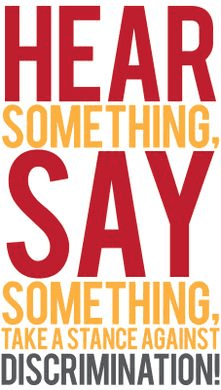
How can I help to prevent discrimination? Respect for all people and encouraging diversity is the best way to prevent discrimination. Never ignore or condone discriminatory behaviour in any way. Stand up for people who are being discriminated against, and refuse to go along with anything that shows discrimination. Lastly, be ready to support and listen to anyone who decides to share their experience of discrimination with you.
If you would like to speak to Kellimni about your concerns about discrimination, know that we are a team of professionally-trained operators ready to listen to you on an anonymous and confidential basis 24/7.

